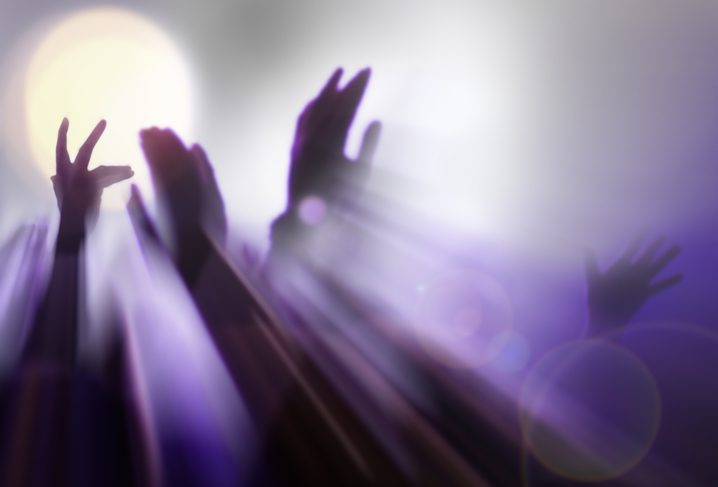“Club drugs” is a term used to describe drugs that have psychoactive properties. That means they alter the way the central nervous system operates. Club drugs can change the way a person sees reality, their awareness of their surroundings, and the way they behave. These drugs get their name for their common use in bars and at parties, often by younger individuals. Club drugs are highly dangerous and can be addictive.
What Are Common Types of Club Drugs?
A number of specific types of club drugs exist, each with different properties that impact a person’s health and overall state of awareness. Some of the most common include:
- Methylenedioxymethamphetamine more commonly known as MDMA, also known as ecstasy and molly
- Ketamine, also called Special K or K
- Gamma-hydroxybutyrate, commonly known as GHB, G, or liquid ecstasy
- Methamphetamine, also known as speed, meth, or ice
- Rohypnol, often called roofies
- Lysergic acid diethylamide, commonly known as LSD
Some of these drugs may be prescribed for a range of conditions. However, when used and mixed recreationally, they carry a high risk of health complications, damage to the brain, and addiction.
Are Club Drugs Date Rape Drugs?
Date rape drugs, according to MedlinePlus.gov, are drugs that make sexual assault easier for a perpetrator because they interfere with a person’s ability to know what is happening to them and/or remember it afterward. These drugs are often added to a drink. Some club drugs can be used in this way.
Are Club Drugs Really Dangerous?
Club drugs are often seen as a way to have fun and just forget about life for a short period of time. Yet these drugs are actually highly risky. They change the way the brain functions and can promote reckless behavior.
What makes them alluring is that many club drugs are inexpensive and easier to obtain than other drugs. However, these drugs can raise several concerns:
- The user may become unaware of their surroundings. Drugs such as GHB are commonly associated with date rape, as noted above.
- Short-term adverse reactions can occur, including sudden onset of heart and breathing limitations, depending on the amount used.
- Some club drugs are laced with other, more potent, drugs that create a risk of sudden death and overdose.
- Long-term use can limit cognitive function.
- Some club drugs are habit-forming and can lead to both addiction and dependence.
- Consuming alcohol and club drugs together can create overdose risks as well as numerous health problems, including severe dehydration and heart palpitations.
Repeated use of club drugs can lead to the formation of addiction and dependence. Over time, the brain can become dependent on the presence of the drug, and without it, generate intense withdrawal symptoms. Some club drugs are uppers, which means they can create the euphoria that leads to cravings for more.
It is a misconception that those using club drugs only do so in a party-like situation. These drugs can be misused anywhere and by people of all ages, not just young adults and teens.
What to Do If You Are Addicted to Club Drugs
Addiction to club drugs can happen, and it can be very difficult to stop on your own. If you crave these substances, think about them often, or simply cannot stop using them, you may need professional treatment. More so, if you feel any type of intense withdrawal symptoms when you stop using them, professional treatment may be necessary.
Treatment can be very helpful to your health and overall well-being. Let the team at Ranch at Dove Tree offer help and guidance. Our team can help you to work through the challenges you are facing and provide you with a safe, supportive environment to take back your life.
We can help you with inpatient and intensive outpatient treatment that may help to break your dependence on these substances. We highly encourage you to act now to get the care you need to see long-term recovery. Contact The Ranch at Dove Tree in Lubbock, TX, to speak to our admissions team about your options.







